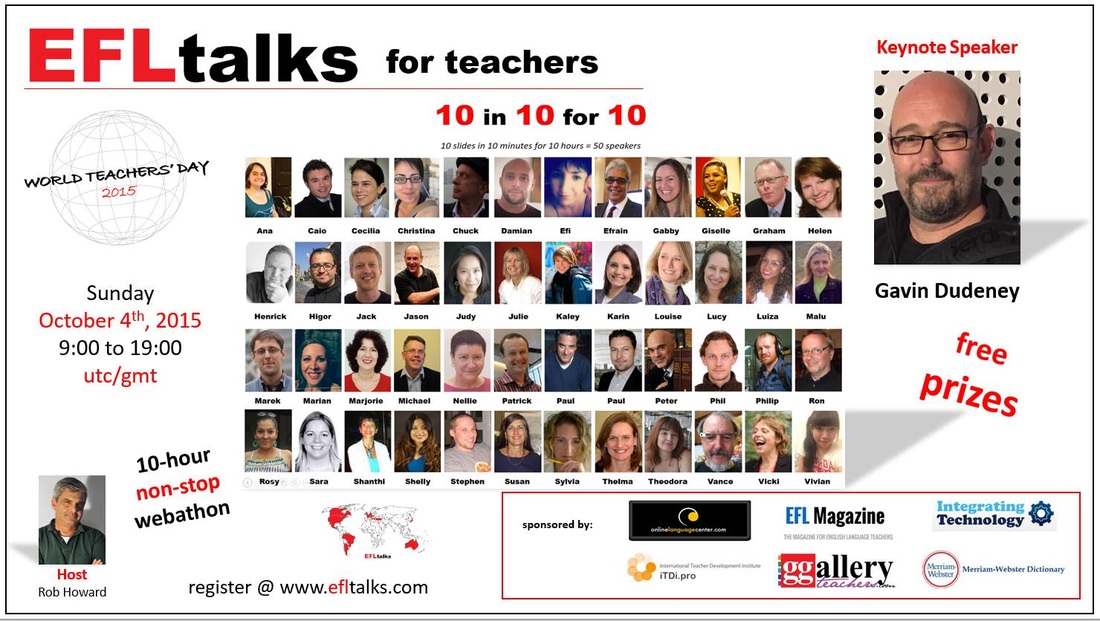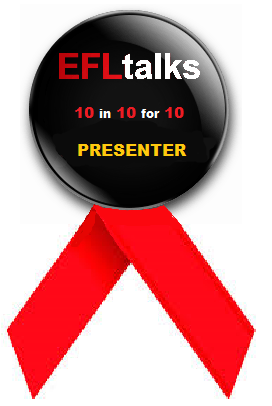|
I have been setting expressions to music and rhythmic chants for decades with excellent results. Distinguishing when to use the different sets of PRONOUNS and POSSESSIVE ADJECTIVES are always a problem in my classes - students just don’t seem able to distinguish them - so I have invented this chant in the hope of fixing these expressions forever!! Chants are a very repetitive way of embedding expressions in the brain so that they become second-nature and just 'sound right' without having to resort to learning grammar rules and translating from one's own language with the inevitable often horrific results. Taking turns when playing games – many students don’t know when it’s their turn and the others like to ‘wake them up’ but telling them so: I insist they use English, thereby practicing their pronouns at the same time! Here is another chant for them to remember the expression. You can download the worksheets to the chants below. Hope it's useful! Susan
3 Comments
Chants are a very repetitive way of embedding expressions in the brain so that they become second-nature and just 'sound right' without having to resort to learning grammar rules and translating from one's own language with the inevitable often horrific results. I have been setting expressions to music and rhythmic chants for decades with excellent results. LISTEN TO ME. and GO TO are two expressions which are constantly wrong in my classes - students just cannot remember to use the preposition with these verbs - so I have invented this chant in the hope of fixing these expressions forever!! You can download the worksheets to the song below. Hope it's useful! Susan
In constant search for stimulating materials to use with my wide age and level range of students a couple of months ago I stumbled upon THE HISTOMAP which then got lost in my jungle of digital files buried in my computer. It casually reappeared on my screen at the end of the school year and I felt the urge to print and laminate it, sticking it's colourful seven-page vertical length on a column in front of my main entrance door where it is always met with curiosity and fascination. It is the first historical map in my possession which presents 4000 years of history and the relationships between populations in an immediately decipherable context. I have finally come to understand history at a glance! The other day it occurred to me what a potential THE HISTOMAP has for CLIL history lessons but not only... below are just a few ideas which came to mind: - Groups of students prepare questions for other groups using: How long...? Which... ? When... ? - Comparisons can be made: - more powerful than - the most powerful - as... as - New vocabulary, verbs, passive tense and collocations can be introduced: - conquered (by) - reign lasted - were in power for - lasted - weak / strong - great - destroyed (by) - short-lived - long-lived - Western / Eastern world - Middle-East - developed - grew - maintained - people vs population - RESEARCH PROJECTS can be given to youngsters to then present to everyone - ADULTS can tell us anything they know about the various historical periods or populations from personal knowledge. Any other ideas?? You can download THE HISTOMAP below. I found it freely downloadable in Internet .. Hope you find some more stimulating activities to do with it! Susan
Engaging young people in conversation with English-speaking peers not only increases their vocabulary, grammar, fluency, comprehension and confidence but is also much more motivating because they think alike, have similar interests and are usually on the same wave-length.
It is that more beneficial because they pick up and interiorise the language without thinking and translating - the expressions and collocations become "second-nature". At a recent venue abroad a very fluent non-native English speaker kept up a running commentary on the athletic events taking place. However some basic mistakes made it obvious that he was not thinking in English: he wanted to remind the athletes to wear their tracking equipment using the phrase, "Think ON the transponder and number" (in German: Denk AUF...) instead of "Think ABOUT / OF..."; he often repeated, "This is the last lap IN FRONT OF the finish" meaning "the last lap BEFORE the finish", (die letzte Runde VOR dem Ziel). VOR in German means IN FRONT OF as well as BEFORE and if he had learnt them as collocations he would never had made these mistakes! The best way to learn a language is 'living' it in context. The younger the better... The sooner the better... that is why speaking to peers is essential: either for free on various social networks and conversation exchange websites or with paid online lessons which guarantee conversation with serious youngsters who have a wider range of topics to discuss due to their cultural backgrounds and interests which may not only improve a teenager's English but also broaden his horizons. Check out for example CONVERSATION ONLINE for TEENAGERS by a TEENAGER... Another language experience I had in my mother's nursing home in Germany the other day was when all the elderly were sitting watching an event and a German woman SUFFERING FROM obvious DEMENTIA overheard us speaking English and intervened with an excellent accent and correct fluent sentences. This goes to prove that WHEN LANGUAGE IS WELL EMBEDDED IN THE BRAIN THE ELDERLY RETAIN IT even when they are no longer capable of participating in life in the 'present'. Some food for thought! Susan
Actions can be practiced easily with a fun miming game.
I like to introduce more complicated actions like “popping a slice of toast into the toaster” by providing two teams with a list of less commonly known expressions in a fun miming game. In this manner whilst they are trying to guess what the action represents, they are continuously scanning the various new expressions on the list thereby fixing them in their memory and using them to find out if the action corresponds. In fact, as the game progresses they become faster and faster proving that they are learning the expressions at the same time. There are a few rules to follow: 1. Each team receives the same lists (but I usually give three different sheets to each team – one per person – so that everybody is involved in the search since not everyone in each team has the same sheet and so they cannot ‘sleep’ as they have to contribute if their teammates haven’t got the expression they are looking for). 2. The person who is going to mime picks an expression (you have previously cut the expressions into strips) out of a bag. 3. The person miming does so for their own team so that they are forced to do it well. The team members ask: "Are you ....ing?" Answer: "Yes, I am. / No, I'm not." 4. If the team guesses the first time they gain 3 points, if they guess the second time they get 2 points and if they guess the third time they only get one point. 5. If they still haven’t guessed the opposite time gets to try for one point. 6. If they don’t guess the original team has a go for one point and they alternate until one team wins the point. 7. Then the opposing team starts miming again for three points… The game is always very popular and fun as well as being effective. You can download the worksheets below. Feel free to delete or translate the Italian into another language. Hope you have fun with it! Susan My daughter Laura, sixteen years old, has proven the STRENGTH OF MOTIVATION to me: dire hard work and WILLPOWER almost beyond her limits has brought her to the EUROPEAN SPEEDSKATING CHAMPIONSHIPS as well as passing her very demanding school year with flying colours. Here I sit in my camper in Austria at the start of the venue, not worried about what the outcome will be, but reflecting on the arduous road that led us here - sheer motivation and willpower. She is not one of those talents to whom everything falls easy, she has worked hard against all odds to reach her two goals in sports and education.
This has given me a new insight to learning as I tend to believe that curiosity and enjoyment are the best stimuli for learning and retaining what one learns. Motivation is certainly another fundamental ingredient but I feel that for most people it is difficult to find the willpower to do something they don't at least partially enjoy, despite the hard work it may comprise. So I utterly admire those who find the willpower to carry on doing something that may not give them the desired results - or at least not immediately. Motivating students is therefore one of my top priorities: arousing their curiosity and making it as enjoyable as possible so that they want to carry on learning outside the classroom, using various methods, media, adjustments to their social networks and corresponding with foreigners as well as travelling whenever possible. That is where technology inside and outside the classroom as well as games make learning much more effective and exciting than it used to be. My holiday homework always comprises at least DAILY: WATCHING VIDEOS: - VOSCREEN - 5 seconds listening (as many times as you like) to bits of films, cartoons, ads... before pressing the button which reveals the subtitle in English - to see if you're right!! = 5 minutes a day http://www.voscreen.com/game/682/ehjcj5hfhb9bdvr/it/ - ORORO.TV – TV series & films with subtitles = 5 - 45 minutes a day (depending on your level) - http://ororo.tv/en/ - LyricsTraining - SONGS (LISTENING & COMPLETING): http://lyricstraining.com LyricsTraining is an easy and fun way to learn and improve your foreign languages skills, through the music videos and the lyrics of your favourite songs. LyricsTraining also has a special Karaoke mode that lets you sing and enjoy the full lyrics = as often as is fun GAMES to practise your English: - ESL Fun Games Online http://www.eslgamesworld.com/members/games/index.html - ESL Revision Fun Games Online - http://www.eslgamesworld.com/Revision/Revision_Games.html READING: http://news.bbc.co.uk/cbbcnews/ - ONLINE ENGLISH NEWSPAPER for English kids aged 8 -14 so simplified information LEARNING: MINDMAPLE - super-easy mind mapping tool for writing up phrases, collocations and vocabulary in context. plus: - putting Mobile phone settings in English - putting Facebook (& other social network) settings in English - putting computer settings in English - and generally SURROUNDING YOURSELF WITH ENGLISH so your brain switches into English mode. Update on the venue of the EUROPEAN SPEEDSKATING CHAMPIONSHIPS: Day 1: my daughter Laura helps her teammate make it to the gold medal; Day 2: she gets pulled down by another competitor onto the asphalt at 40 km/hr, jumps up to continue the race with her teammate (also involved in the multiple fall) when blood streams copiously into her eye: 3 stitches, a black eye, bruised shoulder and various scrapes; luckily her seriously bruised teammate still makes the gold medal! Day 5: still not allowed to race (doctor's orders); Day 6: despite a huge plaster covering half her eye she races her 10,000 metre points race to win a GOLD MEDAL and become EUROPEAN CHAMPION of her category in that particular race. Driven by sheer MOTIVATION and DETERMINATION - "Where there's a will there's a way!" - something to instil in our students!!
Combining movements to rhythmic chants in order to memorize words and meanings in a FUN way without having to translate has always been popular with children and adults. I invented the DIRECTIONS CHANT for teenagers decades ago and many of my former students still remember them.
Download the VIDEO below to see the movements connected to the DIRECTIONS in the rhythmic CHANT! Try it out and have fun! Susan Children and adults alike have always benefited from combining movements to rhythmic chants in order to memorize words and meanings in a FUN way without having to translate. I have been teaching a PREPOSITION CHANT that I invented for children and decades later I meet former students who still remember them with pleasure.
Everyone stumbles at some point on a longer sentence, be it beginner, intermediate or advanced, young or old... but many years ago I read a very simple TRICK which WORKS INFALLIBLY every time and your students gain lots of confidence in a jiffy: prepare saying it backwards! Update: Try out my LISTEN & REPEAT exercises to BOOST YOUR FLUENCY from my Video Course
Also: Try out my LISTENING COMPREHENSION with Susan’s A WEARY TRAVELLER'S TALES on my YouTube Channel:
Repetitive NURSERY RHYMES with their easy rhythmic tunes and well-known NURSERY TALES lend themselves to SINGING and ACTING: two activities which children love doing!! Many years ago I ADAPTED three NURSERY TALES in increasing difficulty to RECYCLE the most important LANGUAGE we had learnt during the school year. Children loved it and parents enjoyed watching their children's progress. HAVING FUN was another key element to making sure they learnt EXPRESSIONS IN A MEANINGFUL CONTEXT. NURSERY RHYMES can also be ACTED OUT whilst they are being SUNG to consolidate their meaning and enable children to pronounce somewhat complicated sentences to PAVE THEIR WAY TO FLUENCY... Below is the easiest of the three to download with the pronunciation guide as well to help children practise alone at home. In those days children had no other way of practising autonomously. Nowadays I prefer to RECORD AUDIOS of the pronunciations for them TO LISTEN TO REPEATEDLY all collected in a Dropbox folder for easy access. Try it out! Hope you have fun with it! Susan
Poems I find are difficult to present in an appealing way, more so if they are for students of English. Many years ago I attempted a project fueled by my enthusiasm for the MUSICAL CATS in which I presented one T.S. Eliot’s CATS poem a week with comprehension questions of various nature. In those days we listened to the song on cassette but I would recommend showing a You Tube Video to them on the IWB to make it more exciting. For intermediate/advanced students I find that SKIMBLESHANKS the Railway Cat – Musical: CATS is rather fast as it mimics the speed of the train but the poem/song also gives us the opportunity to discuss TRAVELLING BY TRAIN in the past and today on normal trains and luxury trains like the ORIENT EXPRESS. It can also arouse curiosity to watch the entire musical and can lead to interesting discussions. I plan on occasionally posting poems from my CATS Project in the hope they may be of interest to students and teachers and would welcome any feedback. You can download the worksheets to the song below. Feel free to delete or translate the Italian into another language. Hope its another interesting way of learning English! Susan
Also check out MY PLAYLIST
for Susan's ESL Learning Videos (Chants & Songs) https://www.youtube.com/playlist?list=PLrvV_PywFOlxgfR5RpMw7rLsI6ai3yHai Songs always bring a breath of fresh air into the classroom and are greeted with joy. I usually try to choose songs, which are not only clear and fairly easy to understand but have meaningful content for language learners such as grammar, phrasal verbs or vocabulary pertinent to what we are studying. For intermediate/advanced students I find that IF I WERE A RICH MAN – Musical: Fiddler on the Roof is not only repetitive easily teaching the SUBJUNCTIVE with practically no effort but the song also gives us the opportunity to discuss the historical and religious context the musical is set in: a small Jewish community in a Russian village with all its traditions and its relationship with the Christian community in and outside the village. All in all a catchy tune which can also arouse curiosity to watch the entire musical and can lead to interesting discussions. You can download the worksheet to the song below. Feel free to delete or translate the Italian into another language. Hope you have fun with it! Susan
I have always found writing about my personal experiences easier than writing about an imaginary situation which I have never been through. I therefore usually encourage students to base their writing work on something familiar to them and then adapt it to the written assignment making changes where necessary and enriching with adjectives and their imagination. As in most families, my life is divided into two eras: BC (before children) and AC (after children). In my BC days all my free time was dedicated to globetrotting and I had started writing a book about my travels. Many of those stories are outdated as times change, countries develop... I would like to start posting some of my adventures not only to encourage students to do likewise, thus practising their writing, but to stimulate people into class discussion on the topics students have written about and shared. Should anyone like to comment & let me know how things have changed since I visited these countries, it would be welcome feedback. A WEARY TRAVELLER'S TALES
Tragicomic Episodes from a Globe-Trotter's Diary As a young, well-travelled globe-trotter, I prefer visiting countries in order to get to know the people, their customs and traditions, rather than only seeing the sights from an air-conditioned bus after having left an anonymous first-class hotel. On my travels I have come across many tragicomic episodes worth recounting, which are not only amusing in themselves but offer a great insight into the ways and being of different peoples in far off countries. The best way to appreciate other mentalities and ways of life is to try and integrate oneself with the people by travelling with local forms of transport, eating in local restaurants and sleeping in hotels where one can mix with the locals rather than with tourists. Ways of the World (written in 1988): Srinigar, the capital of Kashmir in the very north of India, is famous for its houseboats, where tourists stay in fully furnished rooms often with private bathrooms, enjoying exquisite meals in chandaliered dining rooms before lounging in luxuriously carpeted living rooms. We were staying in a more modest two bedroom houseboat with private bathroom, which nevertheless had a beautifully carved table amongst its luxuries in the living room. One evening I was relaxing on my bed when I heard a strange metallic rattling and immediately attributed it to the noise the ropes make when they hit the mast in the wind. Only shortly afterwards did it occur to me that our houseboat had no mast. Then I listened and felt it must be in the room. I took my torch and looked under the armchair: there, in a cage, was a huge rat scratching at the door to get out. I called the owner immediately, who reacted by saying, "Thank goodness you found it. It's been running around the boat for days and so I thought I'd put a trap in your room just in case." It was very unpleasant to know a rat had been roaming our room and that others could be around, but to find out that the owner had let it free on the other side of the lake because he "hadn't the heart to kill it," certainly surprised us. .... next episode coming soon! Have you ever had any tragi-comic experiences? Susan SONGS in the classroom: GOTTA/GONNA/WANNA/AIN’T – intermediate / advanced / teens / adults25/6/2015 Songs always bring a breath of fresh air into the classroom and are greeted with joy. I usually try to choose songs, which are not only clear and fairly easy to understand but have meaningful content for language learners such as grammar, phrasal verbs or vocabulary pertinent to what we are studying. For intermediate/advanced students I find that WHERE IS THE LOVE? – Black Eyed Peas is rather fast and has difficult vocabulary but repetitively stresses various language structures including phrasal verbs and slang abbreviations like gotta/gonna/wanna/ain’t. The song is an opportunity to discuss many controversial subjects and expressions which I have noted at the end of the song. All in all a catchy tune with profound ideas which can lead to interesting conversations. You can download the worksheets to the song below. Feel free to delete or translate the Italian into another language. Hope you have fun with it! Susan If you liked this song, check out my playlist for other chants and songs: YOU TUBE PLAYLIST: Susan's ESL Learning Videos http://www.youtube.com/playlist?list=PLrvV_PywFOlxgfR5RpMw7rLsI6ai3yHai
FREE YOUR MIND and let the LANGUAGE FLOW! – unblocking the brain for better language acquisition20/6/2015 The situation: I am in a tiny village in France for a big family reunion - relatives meeting from as far as Alaska and as close as the surrounding European countries. Most of us are at least bilingual and the mix of languages and cultures is for us as normal as it is exciting - we ourselves marvel at the wonder of it despite being used to it!! We don't see each other so often and the children grow so I approach a y oung boy handing bh out pamphlets and ask him "OK," I reply in English, "What's your name?" "I don't speak French!" he says very quickly. I continue in English, "Yes, but what's your name?" "I don't speak French!" he replies desperately. I decide to change question in English, "Where are you from?" "Seattle!" he replies. "Oh, so you must be...." - I finally got a break through - he had realised I was speaking English to him. The problem: This is the typical situation of a MIND BLOCK - he was in such panic that he couldn't understand what I was saying despite speaking to him in his native language. Many language students experience this and if in a listening exercise they don't understand the third word of a sentence they close their mind and can't understand the rest of the sentence. On the other hand if they don't understand the word towards the end of a sentence they have understood enough to make a good guess of what the unknown word could mean. Guessing the meaning of unknown words is fundamental because one can't look up every word in a dictionary in mid-conversation. But if a student experiences a MIND BLOCK he Don't think so much! Let your mind wander... My personal experience: Whilst teaching myself Spanish with audio-cassettes many years ago, despite repeatedly listening to a sentence with great concentration that I found impossible to understand, I could in no way decipher it. I was driving while listening and decided to carry on listening to the tape ignoring that particular sentence. I played that cassette continuously for about three weeks and very often my mind wandered to things I needed to do but obviously my sub-conscience was paying attention because all of a sudden a little light went on in my brain and I stopped the cassette - I had suddenly understood that sentence! I went back and forth on the tape - it was true! I really understood it! I had given my brain repetition, time to 'digest' and elaborate and it had been free to absorb the language so that suddenly I understood. So DON'T FIX YOUR MIND ON WHAT YOU DON'T UNDERSTAND! CONCENTRATE on what you DO UNDERSTAND, then RELAX, OPEN YOUR MIND to any new sounds GUESS and leave your brain our time to do the rest!! Give your brain a chance! It really works! Susan Update: Try out my LISTENING COMPREHENSION with Susan’s A WEARY TRAVELLER'S TALES on my YouTube Channel:
I often find exercises in course books asking students to correct the mistakes they find. I personally skip these as I think students should constantly be given examples of good language to embed in their brains and not mistakes printed in course books. Peers correcting each other’s work is different as they know that there could be mistakes but it is not officially printed in a course book. Likewise my favourite revision game, the GRAMMAR AUCTION, offers sentences written on the board that may or may not contain mistakes, but it is in an unofficial format again. Words written in a course book are ‘official’ and students may accidentally embed the wrong structures in their minds – at least that is the way I see it.
Likewise I disagree with those exercises requesting students to translate back and forth from their own language. Even though I know that recently using the students’ own language in class has been re-evaluated, I personally feel that I should speak only English in class as their opportunity for full-immersion is very limited and my class time is one of those. I therefore avoid translating and as far as possible give (and request from them) definitions rather than translations of various vocabulary items. Not only does it give them the opportunity to practise there describing skills but it should help the word stick better in their minds than a quick translation. Apart from that, translating words causes the brain to continuously make an effort to pass from L1 mode to L2 mode and vice versa. The brain should switch into one language mode when one is learning and remain in that mode as far as possible. I have no scientific research to back my theory up – only my own long experience in language learning myself – but I am convinced of what I say. Now many bilinguals (like myself) out there will now assert that they are constantly mixing languages automatically picking out the word which best conveys a meaning thus contradicting my above statement. However, this mechanism occurs when the languages being mixed are firmly embedded in one’s mind – a very different situation from that of a language learner, especially at lower levels. I therefore welcome exercises which match definitions rather than translating them, pictures which are associated with vocabulary and course books which are solely written in English (except maybe for the grammar explanations). I always tell my students to SWITCH INTO ENGLISH MODE and speak to me in English as far as possible. What are your views on this subject? Hope to have given you some food for thought! Susan DO / DOES: INTENSE 3rd PERSON PRACTICE in the Simple Present – a fun game in an engaging context19/6/2015 Despite exam time and last minute end of year activities there are those who are already planning ahead for the new school year and others thinking of summer camp activities to do with their English language students. Even many of my better students have not all grasped using the 's' in the 3rd person singular despite knowing the rule - as always, it has to be practised so that it becomes natural. The following game does just that:
It’s the TV SURVEY PART 1: Setting up the game 1. Tell the students to copy the table you will draw on the board onto a piece of paper turned horizontally. (See template to download.) 2. In the first column write the CATEGORY of a TV programme: e.g. CARTOONS 3. In the second column write the NAME of a TV programme: e.g. Tom & Jerry (they can write their own favourite programme here). 4. Ask a student: Do you like .....CARTOONS....? 5. Boy: Yes, I do. / No, I don't. (depending on his preference) 6. Teacher asks another student whilst indicating the first student: Does he like .....CARTOONS....? 7. Student: Yes, he does. / No, he doesn't. (depending on his preference) 8. Now write the next CATEGORY of a TV programme: e.g. DOCUMENTARIES 9. In the second column write the NAME of a TV programme: e.g. NATIONAL GEOGRAPHIC (they can write their own favourite programme here). 10. Ask a student: Do you like .....DOCUMENTARIES....? 11. Girl: Yes, I do. / No, I don't. (depending on her preference) 12. Teacher asks another student whilst indicating the first student: Does she like .....CARTOONS....? 13. Student: Yes, she does. / No, she doesn't. (depending on her preference) 14. This phase of completing the table with all the categories and questions should not be drawn out too long - it's the setting up phase for the actual game. PART 2: INTERVIEWING A FRIEND - Pairwork 1. Each student should interview the classmate next to him & mark, in a third column called FRIEND, a tick or cross depending on the friend's preferences by asking: a. Do you like .....CARTOONS....? b. Classmate: Yes, I do. / No, I don't. (depending on his preference) PART 3: THE ACTUAL GAME - here comes the fun part! 1. The class is divided into teams A & B. 2. One team member has 30 seconds to speak about his partner by looking at the ticks & crosses in front of him. 3. He says: She likes... / She doesn't like... as quickly as possible & gains one point for each correctly pronounced sentence. a. The teacher silently counts the points as the student speaks, making sure not to count any such as 'He like...' or 'He don't likes...', which inevitably slip in. 4. The teams take turns until the end of the lesson when the winning team is announced. 5. The aim of this final activity is to give the students intensive practise in pronouncing the third person at speed so as to fix it in their minds, loosen the muscles in their mouths and help it to become second nature. Hope you have fun with it! Susan Which is the best way to learn a language? By LISTENING! A baby is born and listens to the language (or languages) spoken to him for approximately two years before it can form simple complete sentences. It does not study grammar but picks it up in context with the vocabulary and speaks it more or less correctly from the beginning. My personal experience is exactly the same: I learn languages best by being exposed to them in various formats but most of all by listening. One does not need to study grammar in detail because even when we speak our own native language we don’t think of all the grammar rules whilst we’re speaking. Therefore the easiest and most natural way to pick up a language is primarily by listening to it a lot it. When you say something you’ll gradually recognise if it sounds wrong. One of the BEST TECHNIQUES is to listen to a very short sentence or part of it, stop the recording, repeat it with exactly the same speed and intonation (without the distraction of reading it) and only progress to the next sentence when you sound fluent in the previous one. The muscles in your mouth gradually loosen, you feel less tongue-tied and all of a sudden you’re repeating the sentences fluently. Doing this exercise even only five minutes a day will boost your fluency incredibly! It’s summer holiday time – more time for everything including 5 minutes a day fluency practice. Reading, singing and watching TV with English subtitles are great additions to your fluency training. Here are some of the websites I absolutely recommend for LISTENING PRACTICE with the technique I have just explained above. Voscreen – only 5 SECONDS ENGLISH game to understand and repeat http://www.voscreen.com/ ororo.tv – complete TV series in English http://ororo.tv/en LyricsTraining - an easy and fun way to learn and improve your foreign languages skills, through the music videos and the lyrics of your favorite songs. LyricsTraining also has a special Karaoke mode that lets you sing and enjoy the full lyrics. http://lyricstraining.com soundsenglish.com – graded listening with exercises http://www.soundsenglish.com TED TALKS - for more advanced and extended listening practice, a full collection of lectures and talks arranged by topic. ted.com and lots and lots of YOU TUBE – watch your favourite YOU TUBERS !!!! Do you you know of any others? Hope you have fun and feel the improvement with it! Susan Update: Try out my LISTENING COMPREHENSION with Susan’s A WEARY TRAVELLER'S TALES on my YouTube Channel:
A native or non-native language teacher? Until recently there was, to me, absolutely no doubt about it - native. Then I started noticing various blogs writing about it in favour of non-native speakers and also a movement in favour of equal opportunities - this got me thinking and discussing the subject with my students.
I cannot hide that I've always taken advantage of my native bilingual status and promote my children's native English-Italian-speaking status as a result, too. As native English speakers in a foreign country we therefore have an advantage. I was recently contacted by a non-native English teacher who wanted to polish up her skills with me and when she introduced herself she immediately told me that her greatest problem was being non-native. When she applied for a job in Italy as an English teacher with a non-native name and surname she was automatically put to the test and needed all kinds of qualifications. On the other hand if a youngster from Britain with a name like Mary Smith were to apply to a private language school whilst on a gap year, she would easily be taken on for a couple of months without necessarily having any teaching qualifications or experience – just based on the fact that she is a native speaker of English. As teachers we all know that being native does not make one automatically a good teacher - I speak from personal experience. In Great Britain, at least when I was at school, we never studied English grammar and what we learnt was rather basic. I first learnt proper grammar when I started studying French and German. Before that I was totally unaware of anything more than verbs, nouns, adjectives and adverbs. When I was 17 I started substituting my mother teaching Italian at evening classes due to an illness: she just said, “Follow the book!” That's what I did and because the grammar was so well explained I had no trouble teaching from the book. When I was 18 or 19 somebody asked my mother if I could give them English lessons but apart from a little conversation I had never done so before. This was the first time I was confronted with the dilemma of why some questions started with a verb whilst others started with do/does. Not having a textbook to follow, but just my total inexperience, resulted in a couple of disastrous lessons before the summer holidays brought our lessons to an end. Despite being a native speaker I was totally incompetent! Thirty-eight years later I am a totally confident, well-prepared teacher always on the lookout for new ways of engaging my students. I have since met many excellent non-native teachers and follow the blogs of some amazing non-natives! I have, however, met a great number of non-native teachers who are officially qualified to teach English but in reality do not have the necessary skills. They know and teach the grammar correctly, mark the work without any problems yet when they speak spontaneously they make the most basic grammar or pronunciation mistakes having just reprimanded a student on the same point - unacceptable! Moreover many schools abroad use literature textbooks written by non-native language teachers and despite having been proofread by a native speaker, the language is so contorted that it absolutely reflects the language of the authors, as no native would approach the subject in that way. Whenever a book doesn't sound natural I check the author and realise it is inevitably a non-native so even when the books are written really well, they will betray themselves in their style. Having said that I have often been a non-native teacher myself - responding to requests to teach languages I am competent in. Despite my attempts to divert my students to native teachers, they have various reasons for wanting me to teach them and I am only consoled by the fact that their exam results are satisfactory. In my opinion the bottom line here is not so much whether native or non-native, qualified or unqualified but rather whether the teacher is PASSIONATE and COMPETENT. I have met many qualified teachers whose English made my hair stand on end and others lesser qualified but extremely competent and passionate who managed to engage their students and get the best out of them. What’s YOUR OPINION? Other opinions on this issue: https://eltreflections.wordpress.com/2015/05/01/discriminating/ www.teflequityadvocates.com Hope to have given you some food for thought! Susan Introducing the PRESENT PERFECT in an easy, fun, memorable way and then adding a more complex activity to recognize the structures in contrast to the SIMPLE PAST is always very successful in my classes ranging from teens to adults. The class is divided equally into teams A and B. The FIRST GAME is a question of LUCK: it consists in exploiting my favourite hobby, which is travelling, but it can be extended to other fields equally well. I have travelled extensively during my life and so the teams have to take turns in asking me these two questions, which I write on the board (before even introducing the grammatical explanation): Students; Have you ever been to …………. ? (only countries) Teacher: Yes, I have. (win points*) / No, I haven’t. (NO points* - other team’s turn) Students; When did you go there? Teacher: I went there in ……….. . (I write the date and the team member has to read the year correctly to win 1 point) Rules: (* 1 point – Europe / 2 points – outside Europe / 3 points – improbable tourist destination) If a team repeats a question – NO points (it encourages listening to the other team). As you can see, it’s a question of luck whether they win a point or not because they can’t know where I have been. If you haven’t travelled extensively you could use only cities or only activities or only food etc.. So the game can be adapted to your experience: e.g. Have you ever done bungee jumping? = 3 points / Have you ever played golf? = 2 points / Have you ever played tennis? = 1 point. The repetitive nature of this activity fixes the structure in their minds before they ever need to know the grammar behind it. In my classes I have difficulty stopping the activity after 30 minutes because they are so excited to discover where I’ve been… The SECOND GAME is a question of CONCENTRATION and SPEED: it consists in each student having a column of sentences (see download) to consult. The teacher has previously printed and cut out a series of sentences which students will alternately (team A then team B) pick out of a bag and read aloud to all the class. The first person in the whole class to find a logical consequence to the sentence from their list to consult wins a point for their team. In this case the whole class participates in looking for the answer. The teacher has both questions and answers to check but sometimes more than one answer may be possible. This exciting game gets them thinking and although it’s slow at starting, once they have read them a few times it really picks up speed and makes them use their brains rather than the usual ‘easy, automatic’ answers one is often requested to do in books. Hope you have fun with it! Susan
A note regarding the downloads:
To my frustration I can’t seem to find the original documents in my computer so I have had to scan the copies I use at school. Should I manage to find them I will substitute them with the better originals. qui per effettuare modifiche. Noughts & Crosses as another of my favourite end of lesson REVISION GAMES had already been planned for this post when I realised that tekhnologic had just been awarded the BRITISH COUNCIL TEACHING ENGLISH Featured blog of the month for April 2015 for a very similar game dedicated to students who are at a much higher level. A great idea I had never thought of and will certainly implement!
I tend to use this game for elementary to pre-intermediate levels to REVISE FORMULATING QUESTIONS (which is forever tricky) and IRREGULAR VERBS. I divide the class into two teams. As can be seen in the photo, I put verbs in the base form and they have to formulate sentences using the verbs in the simple past and spelling them to me correctly to be allowed to place a nought or cross in their square. Alternatively I put irregular verbs in their past form and ask them to formulate questions for the other team with them. For elementary students I put verbs in the present tense and also suggest a pronoun in order to have some questions asked or sentences formulated in the third person. Noughts & Crosses is a very versatile no-preparation revision game, which is particularly fun and useful towards the end of the year when students are getting tired and teachers want to verify how much they have retained. It can be a warmer, a filler or even a complete lesson I discovered. That is the power of Noughts & Crosses! Can anyone suggest any other simple REVISION ACTIVITIES? Hope you have fun with it! Susan Practising the pronunciation of REGULAR VERBS in the SIMPLE PAST is often underestimated due to the fact that everyone concentrates on learning the irregular verbs, deeming regular verbs to be easy. It is only when students read aloud in class that this necessity becomes apparent, often making my very long hair stand on end! As a result many years ago I made up this Simple Past REGULAR VERBS Pronunciation Game which you can download below. 1. First of all I refresh the students' memory by dividing the blackboard into three and distinguishing between the three pronunciations as on the photocopy. 2. We practise all together as I write some examples of verbs in three columns on the board. 3. Depending on the level of the students, I then leave it on the board to consult or rub it off. 4. Now it's time to divide the class into two teams and distribute one set of verbs to one team and a different set of verbs to the other team. NO WRITING is allowed as this is an oral skill to be practised. 5. The first team starts by each reading just one verb in turn until someone makes a mistake. 6. Then the other team reads theirs, just one verb per person until someone makes a mistake. 7. Then the first team STARTS FROM THE BEGINNING OF THE LIST again, but this time with another person reading so as NOT to always have the same people reading the same identical verbs as before. 8. The game proceeds taking turns, ALWAYS STARTING FROM THE TOP OF THE LIST AGAIN, until one team manages to read their list completely with making a mistake! 9. All this repetition helps them to fix the pronunciation in their minds and be more aware of it. 10. If there is time at the end of the lesson we also read "The Story of Willy the Kid" taken from the age-old Streamline Departures, filling in the gaps and pronouncing the verbs correctly (see download). There is also a very nice audio* of it to listen to and we even act it out time-permitting. * LISTEN TO AUDIO https://www.youtube.com/watch?v=IxXou87go7Q Hope you have fun with it! Susan
Songs always bring a breath of fresh air into the classroom and are greeted with joy. I usually try to choose songs, which are not only clear and fairly easy to understand but have meaningful content for language learners such as grammar, phrasal verbs or vocabulary pertinent to what we are studying.
For beginners/elementary students studying the Present Simple Tense I find that THE BOY DOES NOTHING – Alesha Dixon is rather fast and has difficult vocabulary but repetitively stresses the third person singular with a very catchy tune so that the very few gaps they have to fill in with easy words while listening can be easily managed. When checking their comprehension with the words they filled in, I ask them to spell the words so they can practise that too before I write the words on the board. All in all a fun consolidation activity. You can download the worksheets to the song below. Feel free to delete or translate the Italian into another language. Can anyone suggest any other songs for practising the Present Simple Tense? Hope you have fun with it! Susan
If you have problems downloading these files (they work for me but apparently not for everyone) please contact me at Susan@speaklanguagesandtraveltheworld.com - thank you!
By the far the best and most versatile grammar revision game I have ever used is probably not new to many of you, but while many ‘tried and tested’ games I have borrowed from others have not always had the desired results, this one has had a 98% success rate* in my classes of all ages from children to adults. NO PREPARATION is required, which for my extensive range of teaching (toddlers to adults – I know it’s crazy but I love the variety it brings in teaching methods despite the heavy preparation workload) is very welcome, but it is a MOST EFFECTIVE, HIGHLY FOCUSED form of FUN GRAMMAR REVISION.
It’s the GRAMMAR AUCTION 1. Divide the class into groups of 2 – 3 students. 2. Write a column on the board listing the GROUPS and next to it a column assigning each of them a BUDGET of 1000 Euro. 3.Two more columns are for POINTS and C.P. (Correction Points) 4. Explain that the objective is spending money to buy correct sentences and thus win a point. The group with the most points wins at the end of the lesson or time allocated to it. 5. Minimum bid is 50 euro, then 100, 150, 200, 250 to a max bid of 300 euro. They are not allowed to jump to a higher sum without having bid the previous sum (no 300 euro directly!!). THEY MUST SAY THE SUM OF THE BID THEMSELVES (you would be surprised and how much difficulty some students have in saying these numbers!). 6. Write a sentence on the board, have them bid and then write the remaining budget next to the group that bought the sentence. 7. Now ask, “Did they spend their money well or badly?” 8. Those who reply “badly” should motivate the mistake they see and try to correct it. If they do they get a correction point. If the sentence is correct the group that bought the sentence eventually gets their point. 9. I like to make the “simmer” before letting them know if the sentence is right or wrong so they end up making lots of hypotheses even when the sentence is right. 10. If the group that bought it suddenly realises there is a mistake I give them first option to correct it. 11.*The only time it gets out of hand is when the students bid just for the sake of it without even reading the sentence and not caring if it’s right or wrong. I’ve very rarely had the situation, in which case the game stops as the objective has been defeated. 12. All in all it’s a very fun game with lots of useful revision without them even noticing it! Hope you have fun with it! Susan
Here I am – yet another teacher embarking on the blogging adventure! I had never considered blogging myself until very recently. I actually love writing and had started writing a book about my tragi-comic globetrotting experiences but never quite finished it and never found anyone to publish it. So it remained something for friends and family.
Apart from participating in a couple of writing competitions and keeping my travel diaries (something I love having but found a real chore doing), I never strived towards anything more literary than perhaps translating novels. I have never kept a ‘real’ diary because I couldn’t put my heart on paper with the knowledge that someone, some day, might discover it and read my innermost feelings. I also never wanted a fixed commitment like a regular diary and was all the more surprised to discover – the day I flew to London to organise my grandmother’s funeral, that she had kept tiny diaries all her life – just a few telegraphic lines – but written every single day of her life – at least, once she had moved to Great Britain. Forty years of diaries – day after day! I spent the next few weeks reading them and it was a real pleasure to discover her joys and woes! I also really appreciated having learnt German because that is the language she had written them in.  G.s.D. (Gott sei Dank) G.s.D. (Gott sei Dank)
My grandmother would have been a great texter! Her diaries were full of abbreviations it took me very little to figure out but through them I discovered how differently things are perceived over time. Whenever she wrote about a family member going to hospital, she would use the expression ‘G.s.D.’ (Gott sei Dank) – thank goodness or thanks to God they had returned home again. It made me realise that the hospital – which I had always considered a place of healing and therefore a positive place to get better in – she (and probably all those of her generation) had considered it a place of dying. In the mind of the generations born before the First World War, those who went to hospital were lucky to return home again.
So the idea of a blog, a regular commitment, which would be another stress factor in my already very busy life, was definitely not for me. However, I have gleaned so much pleasure reading other teacher’s blogs and enriched my teaching to an extent I would never have imagined, that it is time for me to join in, hoping to be able to make some contributions to the teaching world. It was also high time I set up a website and got online with my lessons – in order to carry on teaching even when I’m on the go. Last, but not least, I wanted to create an opportunity for my son (and subsequently my daughter) to share their language skills in conversation doing YOUNG PILOT’S ESL CONVERSATION with teenagers by a teenager - An endeavour to finance his dream of becoming a pilot by inspiring youngsters through peer-based conversation on topics of common interest. Hoping not to have bored you up until now, I would like to direct you to an exciting new teaching platform for busy private teachers which has just ended its beta phase, has ready-to-use professional looking lessons loaded on it suitable for both online and offline private lessons (one-on-one or small groups) offering a high quality learning experience with grammar, vocabulary, spelling and speaking as well as a set of Teacher Notes and ready-to-assign homework for each lesson to reduce preparation time. They are constantly updating the site with new content and give immediate feedback for support. Use this link to sign up for a free trial period of Off2Class and get a $5 discount if you purchase a Subscription. https://www.off2class.com/?ref=738IQsZfzqAqbwekY3DfryJDtfbaE2wMV |
Categories
All
Would you like regular English learning & teaching ideas? Subscribe to my blog so you don't miss a post!
AuthorMy name is Susan Brodar, born in London into a multilingual family and brought up bilingual English / Italian. Archives
December 2018
|
|||||||||||||||||||||||||||||||||||||||||||||||||||||||||||||||||||||||||||||||||||||||||||||||||||||||||||||||||||||||||||||||||||||||||||||||||||||||||||||||||||||||||||||||||||||||||||||||||||||||||||||||||||||||||||||||||||||||||||||||||||||||||||||||||||||||||||||||||||||||||||||||||

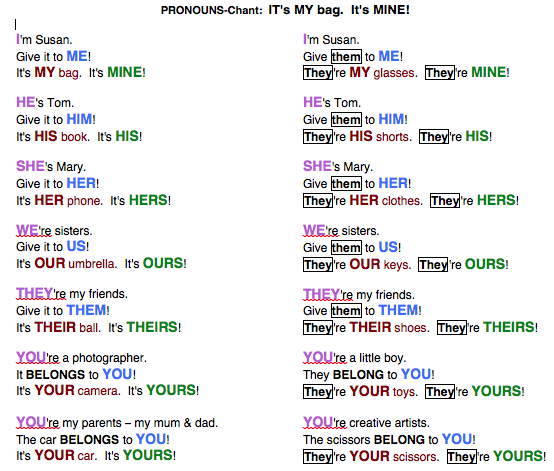
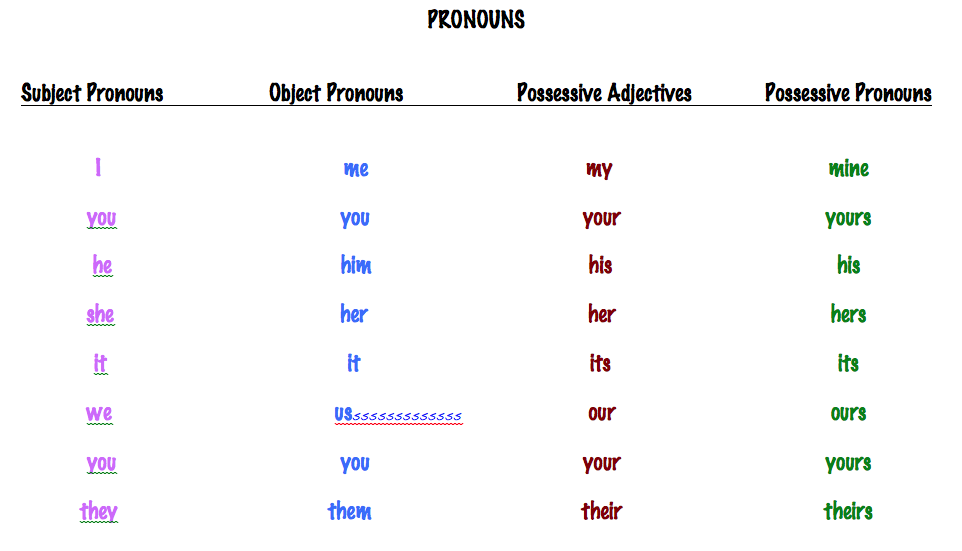
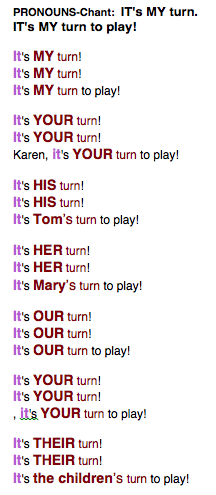
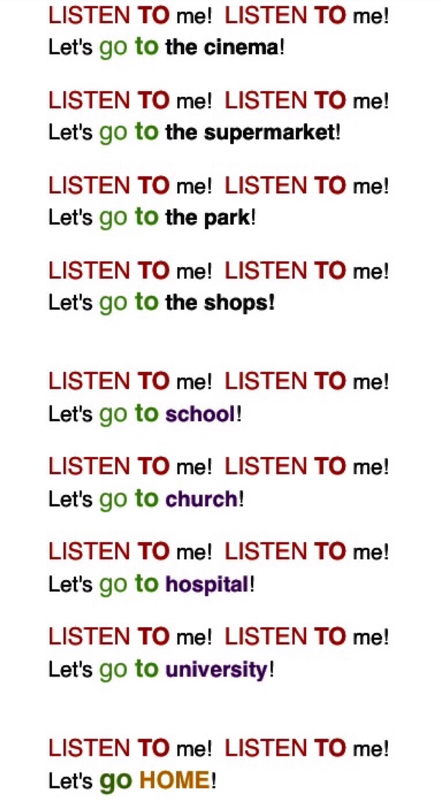
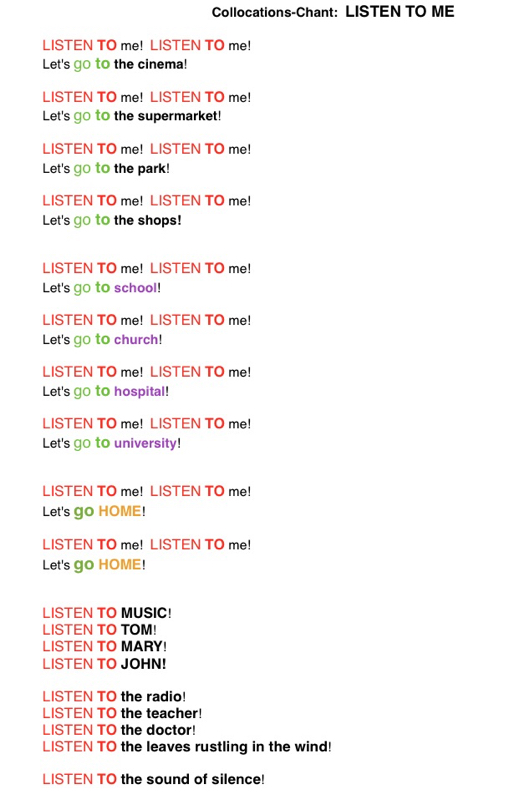



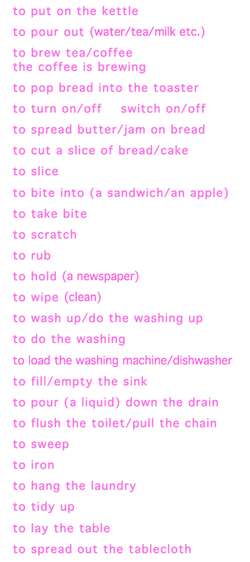
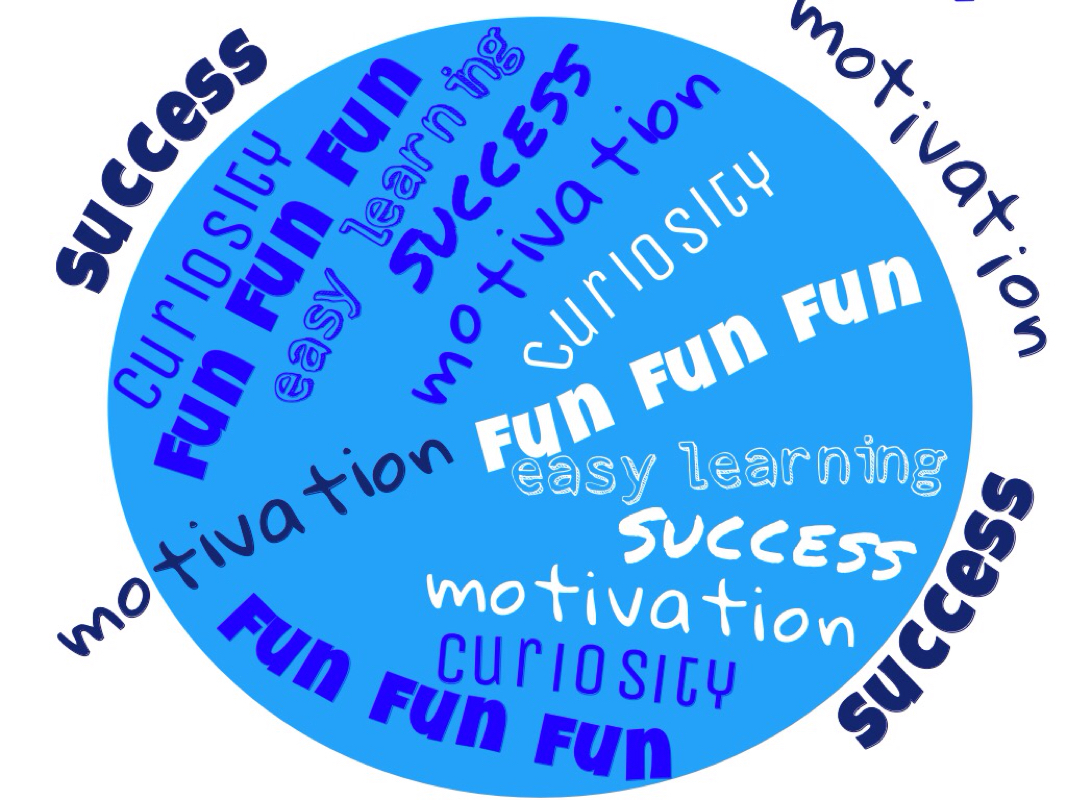



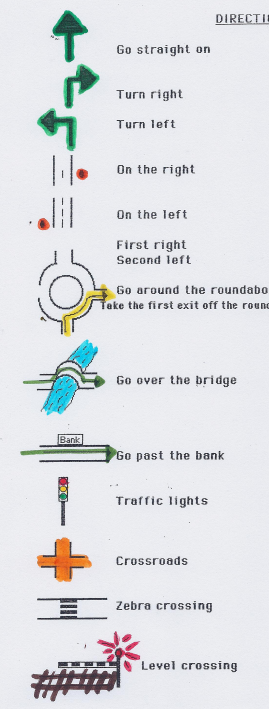
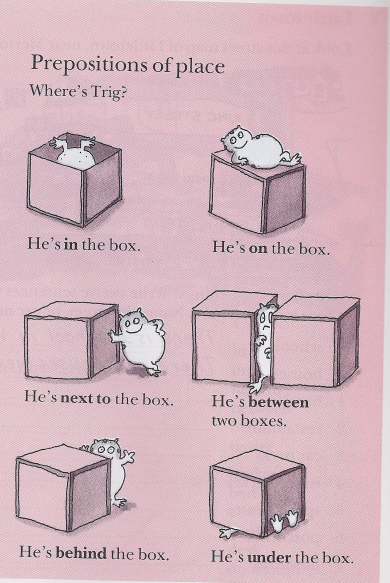

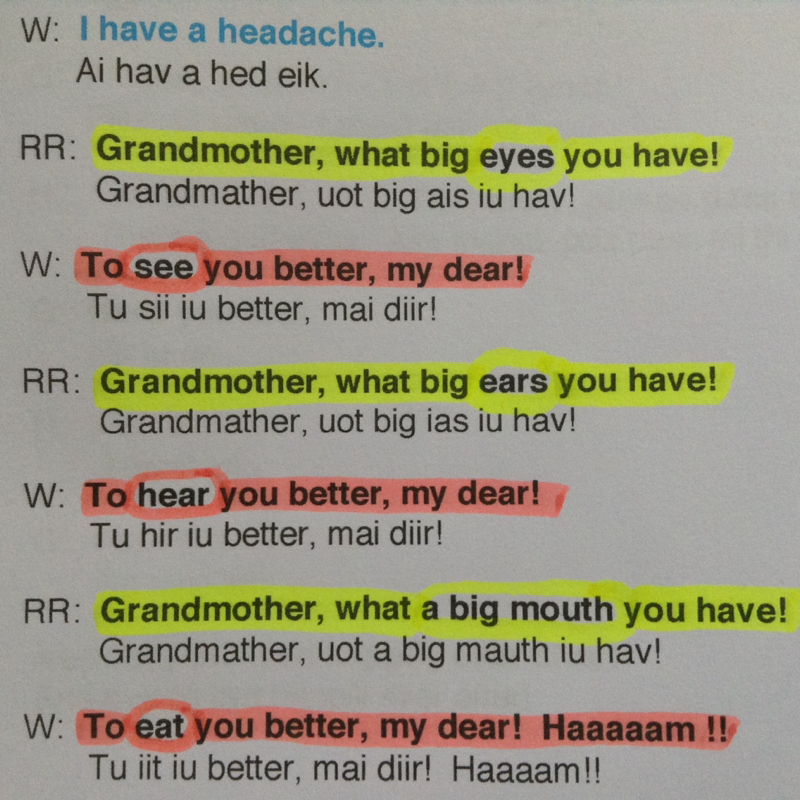





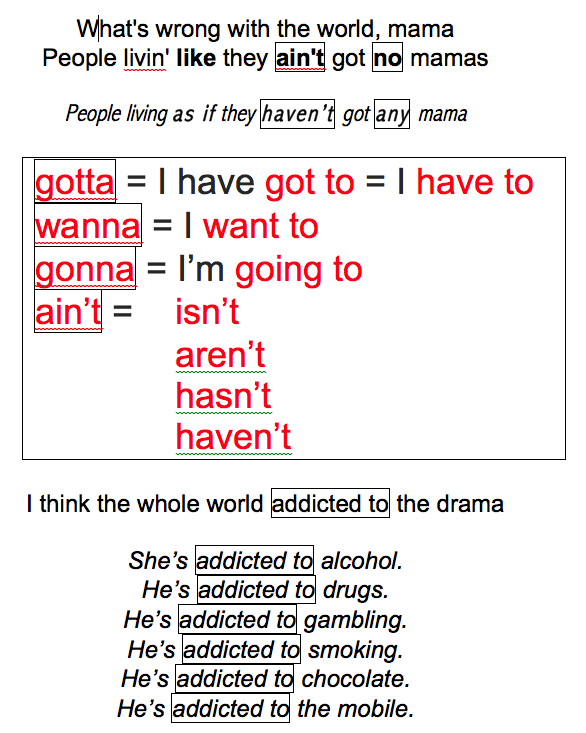



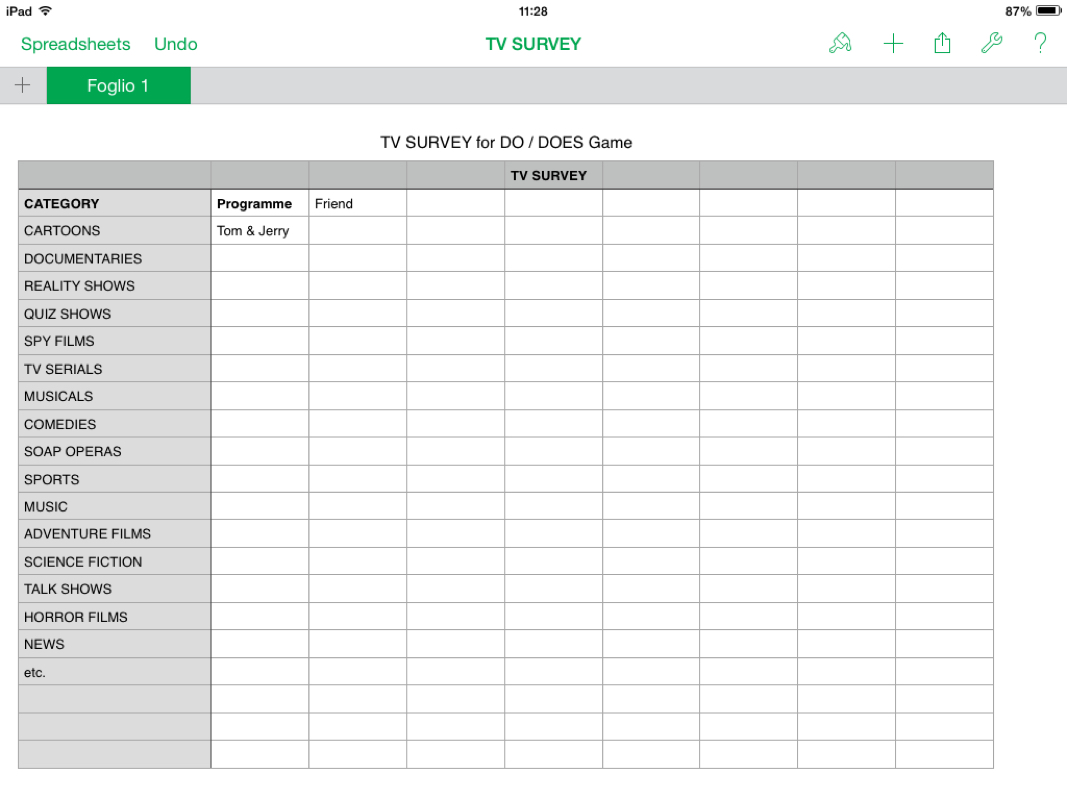



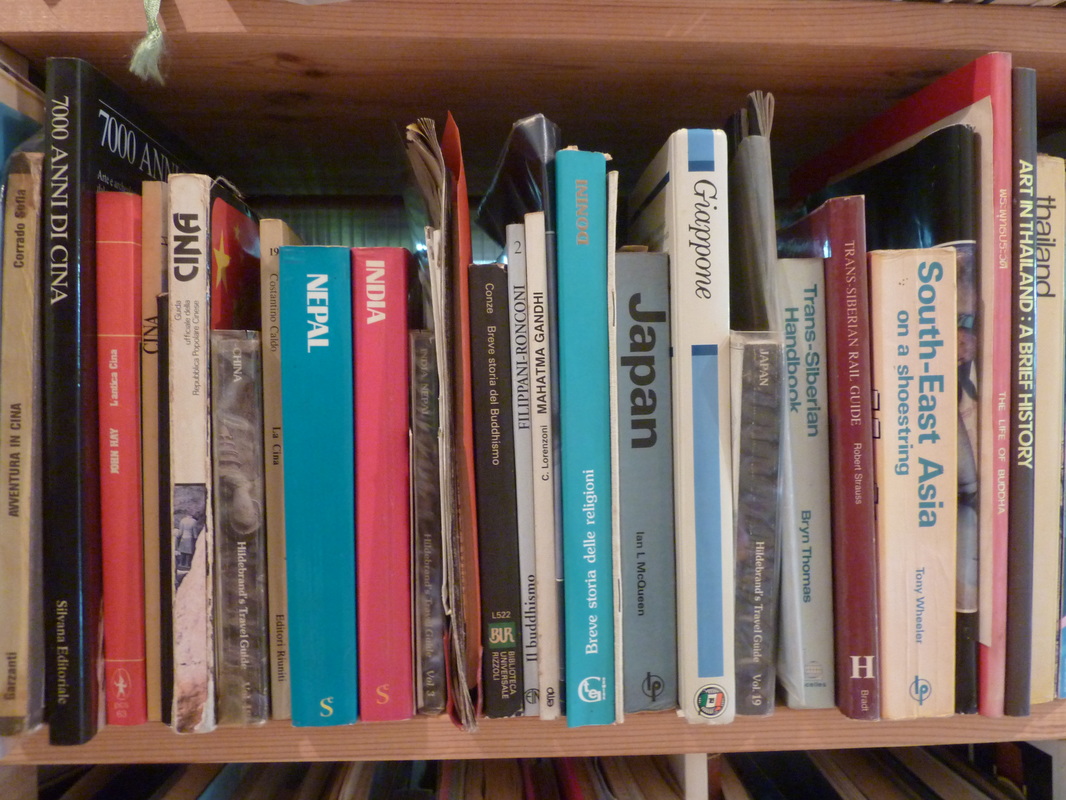

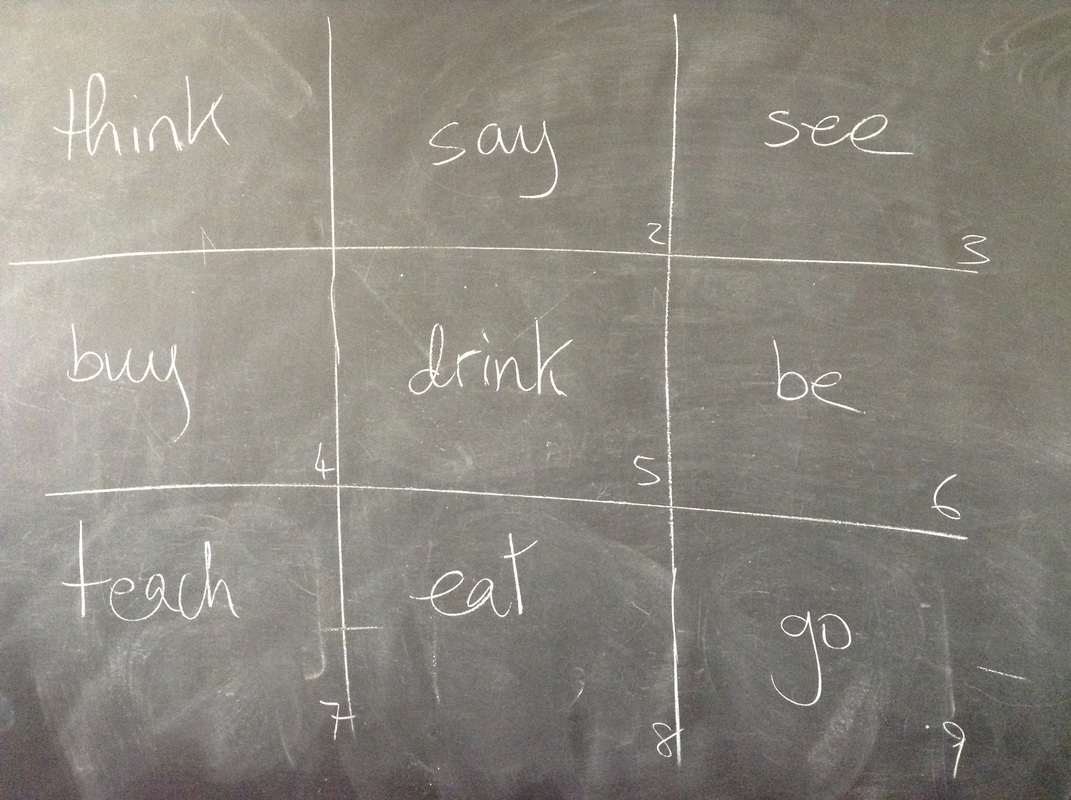

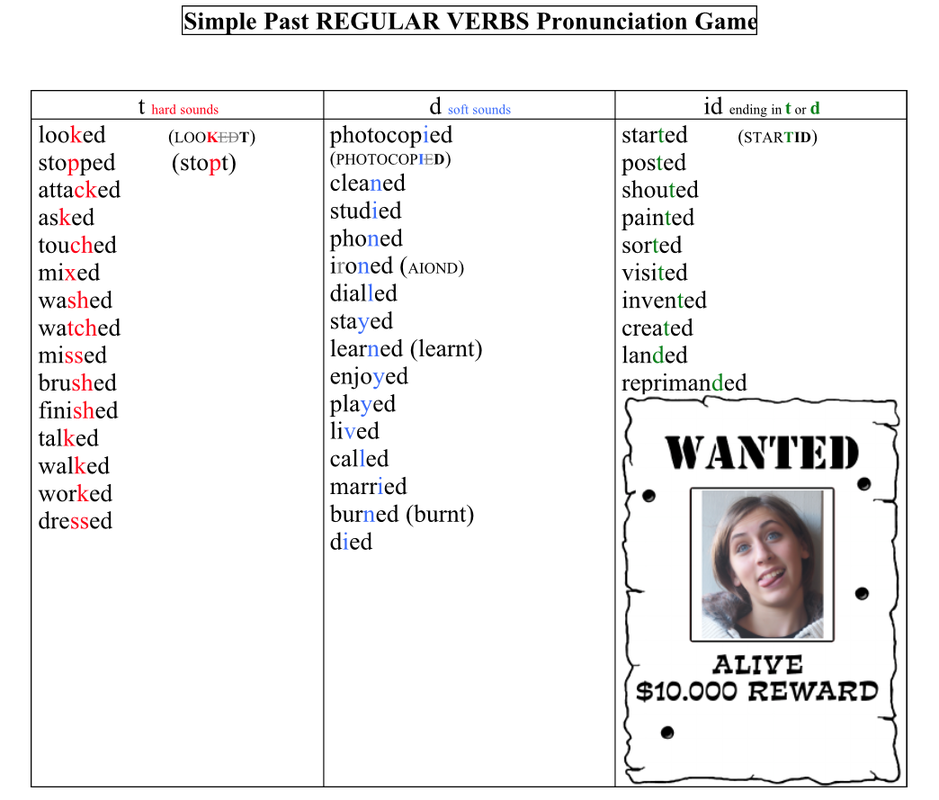


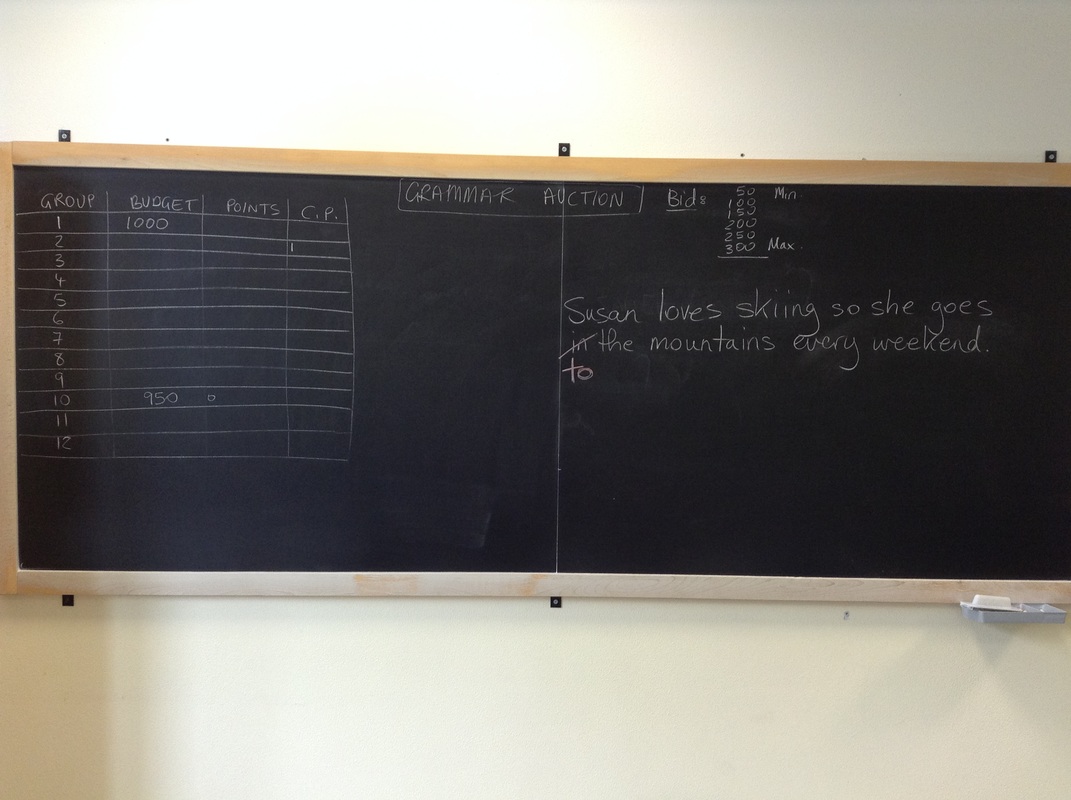
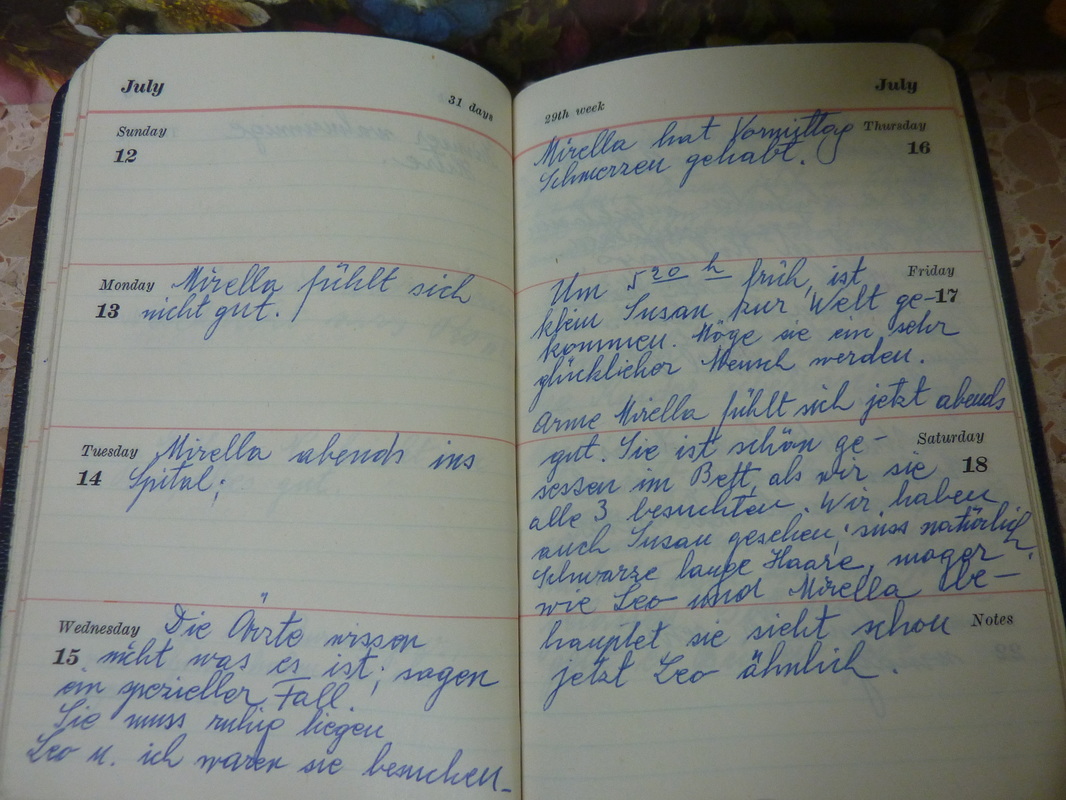





 RSS Feed
RSS Feed
